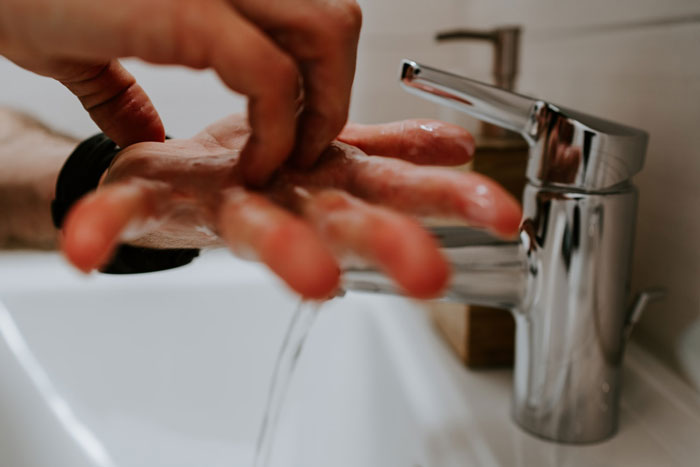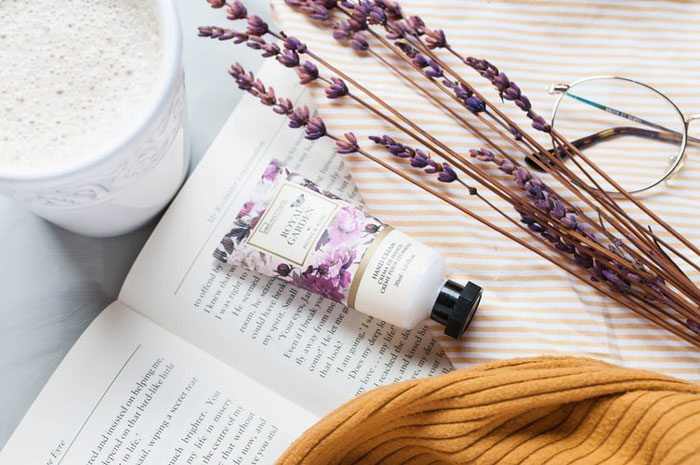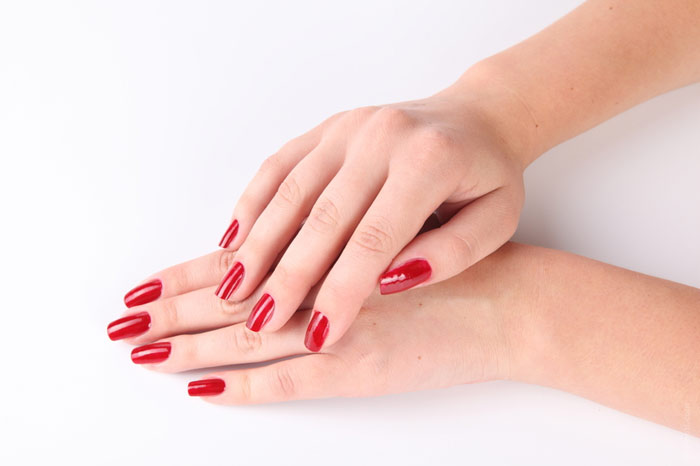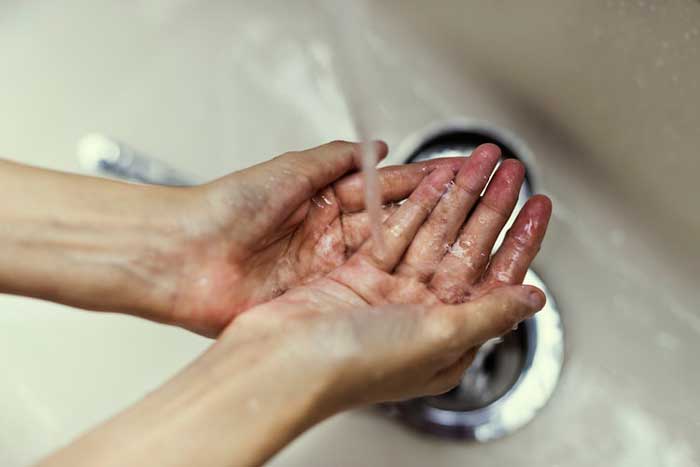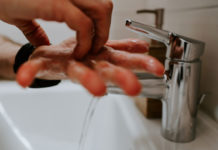Since the coronavirus infection keeps spreading, healthcare experts keep urging the population not to tire of washing their hands on a regular basis, because so far it has proved to be the best means to keep the infection at bay.
What’s more, hands should be washed thoroughly. One might even say, scrub them rather than wash. If you mean to make sure no germs survive, do it longer than 20 seconds, using soap lavishly. Instead of soap you can use a hand sanitizer, but see to it that it has more than 60% alcohol content. Still, soap is better, because sanitizers don’t guarantee proper cleanliness.
While you are certain to be better off with as frequent washing as you can manage, dermatologists remind that a lot of washing can aggravate your skin condition.
To avoid getting your skin all dry and cracky, don’t wipe your hand dry immediately after washing but take pains to dry-pat them carefully and moisturize the entire surface, not forgetting the fingertips. Use a common moisturizer devoid of additives and fragrances because these ingredients can turn out to be irritating; likewise you don’t need hospital lotions which are often meant to go with particular disinfectants.
So the choice of lotion requires a modicum of consideration.
Ointments and creams can also be used
You can make use of many kinds of skin conditioners – ointments, lotions, creams. They differ in oil-water ratios – ointments contain more oil, creams have a comparable amount of both, and lotions are more watery stuff.
What you need is occlusives, which are thick oils that form a sort of a glove-protection and help keep moisture on the skin. Occlusives for ointments and creams commonly include petrolatum and mineral oil; some of them are vegetable-based. While lotions, carrying water-attracting humectants, bring in more moisture, occlusive-rich ointments and creams serve to help the skin retain washing moisture and, incidentally, conduce to healing after excessive washing.
Having washed hands often enough you may have noticed the difference between the common soap-and-water treatment and washing with emollient-enriched hand sanitizers emitting thick foam. You get drier after soap and water. If you are concerned about your hands getting too dry, get a case of Aquaphor or Vaselin and smear it over the dry skin twice or thrice during the day.
Although ointments are good for your skin, not all people like to go about with smeary fingers; they will be happier with creams and lotions. Consider this too when you purchase the stuff: you are going to use it a lot!
A tube would be more convenient than a tub
Another point worth considering is whether it’s handier to scoop the stuff out of a tub or a jar or squeeze it out of a tube. As you plunge your fingers into a container, you just might bring in contamination – which you can’t do with a tube. So if you need to go places, and your favorite lotion on the shelf is in a jar, jam some of it into a squeeze bottle.
See when you need to wash and moisturize
Those who go out need to wash their hands pretty often – so, when they end up home for a while away from the possibility of catching infection, they should do well to ease up on washing and take care of their skin.
Mind that you don’t have to wash with very hot water, if the water is warm, that should be enough. Hot water is bad for your hands for it may lead to dermatitis; you get better results with a long session of soap and lukewarm water.
When hands go cracky, resort to ointments and gloves
You have made it a routine business to apply hand cream on freshly washed hands – well and good. You can assist the process by turning on the humidifier which will bring in additional moisture.
When cracks begin to appear, take care to cover them up with something like liquid adhesives or band-aids. If the condition persists, further steps must be undertaken. In case the skin reacts to strong chemicals, make sure you slip on gloves before you pick up packs with cleaning agents.
Besides creaming up your hands properly after washing, give them a treat in the evening before bedtime. Apply a thickish layer of cream; maybe it will be a good idea to don cotton gloves. Stay like this for a couple of hours, or better still, overnight, if you can bear it, and your skin will be getting back to normal by giant steps.

